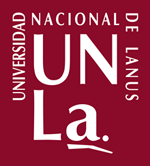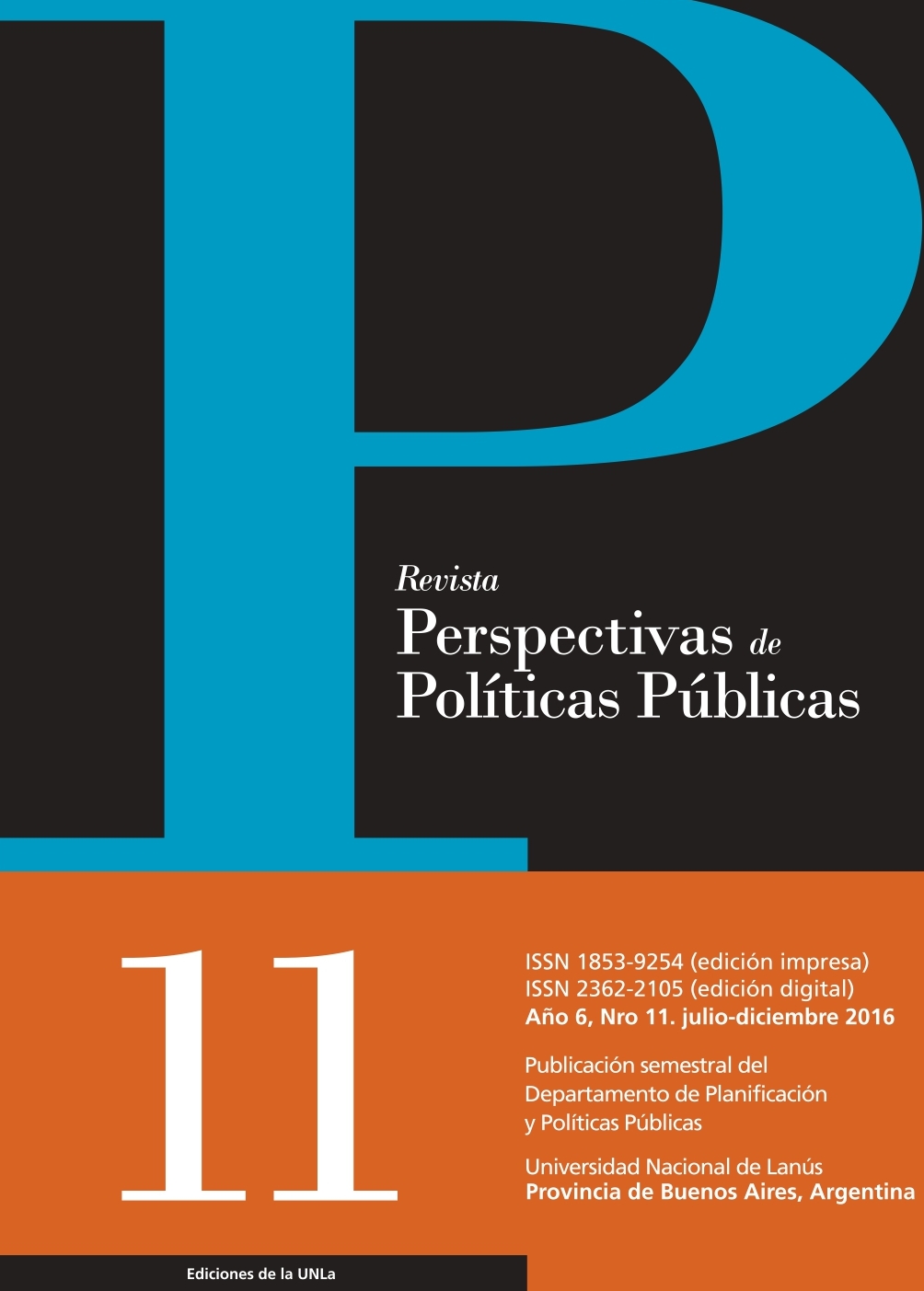The main political forces during the crisis of the Convertibility model of December 2001. Political positions, public disputes and hegemonic impact
Abstract
This paper analyzes the hegemonic positions and disputes of the main political forces during the crisis of the Convertibility and Neoliberal reforms of December 2001. Based on the analysis of the public-media discourses, the disputed topics are identified, structured and characterized The packages of speeches and positions the key political referents. In the second part, the dimension of the hegemonic impact is analyzed, examining the effectiveness of the arguments of the key exponents of the government of the Alliance around the "Corralito" and the way of structuring the political alternatives. There was a little interpersonal impact of the arguments of justification of the measures between the main opponents in the political forces, and absence of a counterhegemonic project to the model of Convertibility, even among the most critical referents. From the linguistic point of view, this is explained by the persistence of a tacit or explicit consensus on monetary stability as the structuring axis of neoliberal hegemony, its extensive link to institutional stability and the dispersion of the most combative positions to the economic model. From the non-linguistic plane of political dynamics, the consensus on stability and the absence of an alternative program are reinforced by the factual balance of prices, the perception of economic and institutional constraints, social practices and sedimented imaginaries.






